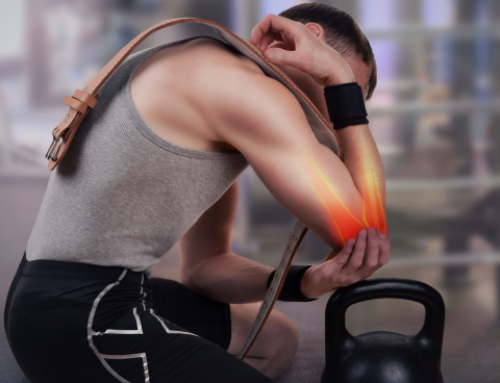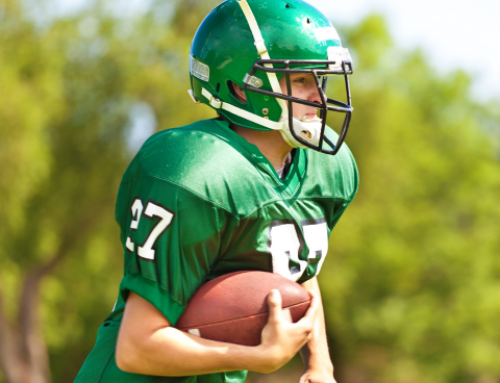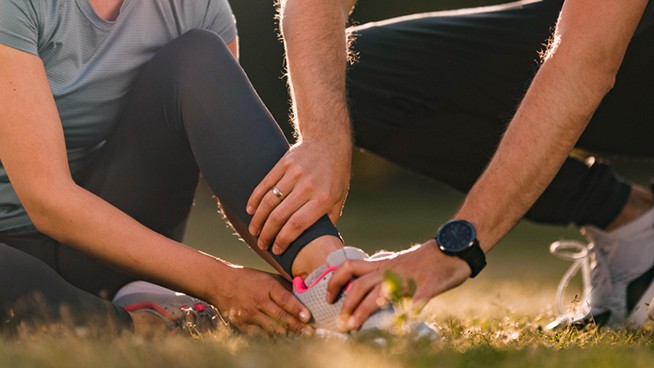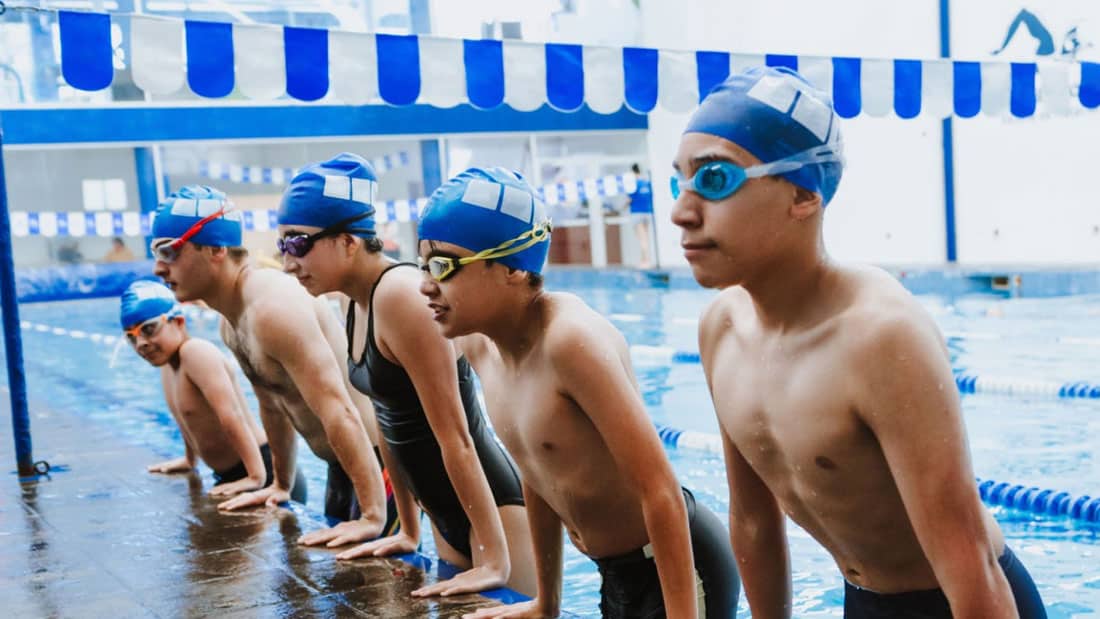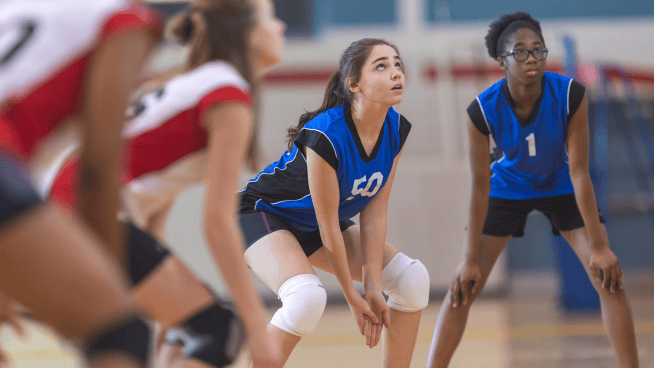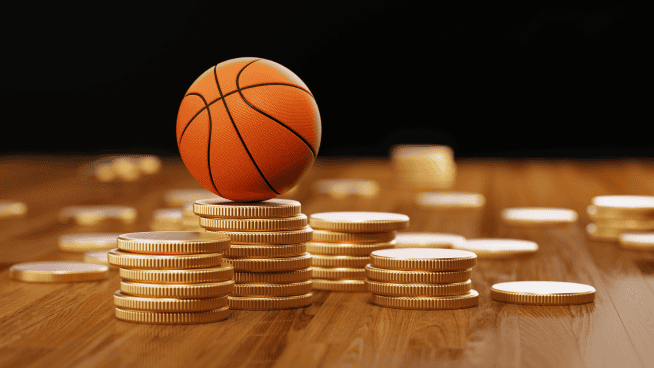5 Important Tips for Preventing Sports Injuries
Athletes can prevent common injuries like sprains and strains. If you take care of your body on and off the field, you can stay in the game longer.
Follow these simple tips to prevent sports injuries, and you will greatly decrease your injury risk.
Technique
No matter what sport you play, the first step is to master your craft. If you are a baseball pitcher, you must perfect your pitching form before anything else. If you’re not fully using your legs to push off the mound, you will be putting excess strain on your arm and back. You are at a much greater risk to tear ligaments and muscles in your arm if you aren’t using your legs properly.
If you are a football wide receiver, you must perfect your route running. If you aren’t chopping your feet at the top of a route, you can easily slip and pull a muscle.
RELATED: 5 Things You Can Do to Prevent Muscle Injuries
Sport-Specific Conditioning
During the off-season, you must build the muscles you will use during the season on a daily basis. If you are a basketball player, you must strengthen your glutes, quads and hamstrings so that you can jump stronger and higher during games. If you aren’t conditioning your muscles during the off-season that you frequently use in-season, you will increase your risk of tearing or straining them.
RELATED: Boost Sport–Specific Conditioning With Interval Training
Non-Sport-Specific Conditioning
It’s important to focus on whole-body conditioning rather than just the specific movements you make during the season. If you are a soccer player who constantly uses your right leg during the season, you need to do something else in your off-season training regimen to equally strengthen your left side. Substitute a bike ride or a run for kicking balls one day to balance out your body. Injuries become more common when you have asymmetries throughout your body.
Nutrition
Athletes need to be serious about their diets. The energy you need comes from the food you consume. If you aren’t eating properly—whether you eat too much food, too little food, or not the right food—you are putting your body at unnecessary risk of injury.
If You Have Pain, Get It Fixed
Break free of the old mantra, “No pain, no gain.” You should not experience any type of pain or discomfort on a regular basis. If you are, the best advice I can give you is to seek out a medical professional, whether it’s an M.D., chiropractor or physical therapist. Don’t keep pushing through the pain; you will only make it worse. Getting your problem fixed early on will go a long way to getting you back in the game faster.
[cf]skyword_tracking_tag[/cf]RECOMMENDED FOR YOU
MOST POPULAR
5 Important Tips for Preventing Sports Injuries
Athletes can prevent common injuries like sprains and strains. If you take care of your body on and off the field, you can stay in the game longer.
Follow these simple tips to prevent sports injuries, and you will greatly decrease your injury risk.
Technique
No matter what sport you play, the first step is to master your craft. If you are a baseball pitcher, you must perfect your pitching form before anything else. If you’re not fully using your legs to push off the mound, you will be putting excess strain on your arm and back. You are at a much greater risk to tear ligaments and muscles in your arm if you aren’t using your legs properly.
If you are a football wide receiver, you must perfect your route running. If you aren’t chopping your feet at the top of a route, you can easily slip and pull a muscle.
RELATED: 5 Things You Can Do to Prevent Muscle Injuries
Sport-Specific Conditioning
During the off-season, you must build the muscles you will use during the season on a daily basis. If you are a basketball player, you must strengthen your glutes, quads and hamstrings so that you can jump stronger and higher during games. If you aren’t conditioning your muscles during the off-season that you frequently use in-season, you will increase your risk of tearing or straining them.
RELATED: Boost Sport–Specific Conditioning With Interval Training
Non-Sport-Specific Conditioning
It’s important to focus on whole-body conditioning rather than just the specific movements you make during the season. If you are a soccer player who constantly uses your right leg during the season, you need to do something else in your off-season training regimen to equally strengthen your left side. Substitute a bike ride or a run for kicking balls one day to balance out your body. Injuries become more common when you have asymmetries throughout your body.
Nutrition
Athletes need to be serious about their diets. The energy you need comes from the food you consume. If you aren’t eating properly—whether you eat too much food, too little food, or not the right food—you are putting your body at unnecessary risk of injury.
If You Have Pain, Get It Fixed
Break free of the old mantra, “No pain, no gain.” You should not experience any type of pain or discomfort on a regular basis. If you are, the best advice I can give you is to seek out a medical professional, whether it’s an M.D., chiropractor or physical therapist. Don’t keep pushing through the pain; you will only make it worse. Getting your problem fixed early on will go a long way to getting you back in the game faster.


